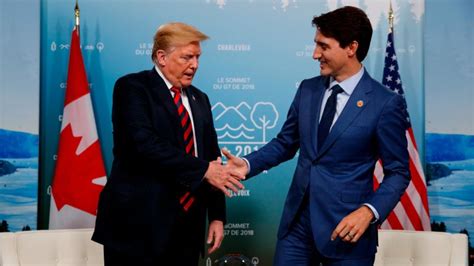“In Berlin and Ottawa, existing cabinet disputes spiraled out of control after Trump’s win.”
The year 2024 was a whirlwind of global elections, with major contests in powerhouse economies like India, Mexico, Taiwan, and the United States. However, as we transition into 2025, the political landscape is no less tumultuous. The aftermath of Donald Trump’s victory in the U.S. presidential election has sent shockwaves across nations, prompting governments worldwide to reassess their strategies.
From Berlin to Ottawa, leaders like German Chancellor Olaf Scholz and Canadian Prime Minister Justin Trudeau are grappling with the repercussions of Trump’s foreign policy decisions. With existing cabinet rifts reaching boiling points post-election, these heads of state find themselves navigating turbulent waters as they seek to maintain stability amid shifting political tides.
As progressive leaders such as Scholz and Trudeau face challenges from right-wing counterparts in upcoming elections, the resurgence of populist ideologies looms large on the global stage. The specter of conservative successors in countries like Chile adds further complexity to an already intricate web of political dynamics.
“The Czech Republic’s parliamentary elections this year will test the resilience of the country’s big-tent ruling coalition.”
In countries like Bolivia, Cameroon, and Tanzania—where political parties have held power for extended periods—elections promise intriguing battles between entrenched leaders and burgeoning opposition movements. Despite longstanding party dominance stifling progress at times due to internal strife and repression, these upcoming races present opportunities for change and revitalization.
Looking ahead to specific key elections in various countries:
**Ecuador (Feb. 9):**
President Daniel Noboa faces challenges amid rising crime rates and economic turmoil exacerbated by drug trafficking issues. His bid for re-election comes against a backdrop of security concerns and calls for constitutional amendments impacting foreign military presence.
**Germany (Feb. 23):**
Chancellor Olaf Scholz navigates a fractured coalition landscape following disagreements with former partners over budget priorities—a situation likely to impact Germany’s future trajectory on critical issues such as defense spending and climate policies.
**Poland (by May 18):**
With President Andrzej Duda ineligible for another term, a showdown between the Law and Justice party backing Duda and Prime Minister Donald Tusk’s Civic Coalition sets the stage for a high-stakes electoral battle that could shape Poland’s direction moving forward.
**Australia (expected in May):**
Prime Minister Anthony Albanese grapples with public discontent over social media bans for children under 16 while facing challenges from opposition parties amidst concerns about healthcare access and economic stability post-pandemic lockdowns.
Each election presents unique circumstances that will not only determine national leadership but also influence regional dynamics within their respective spheres of influence. As voters prepare to cast their ballots in diverse geopolitical landscapes around the world this year,
the outcomes hold significant implications for international relations.









Leave feedback about this